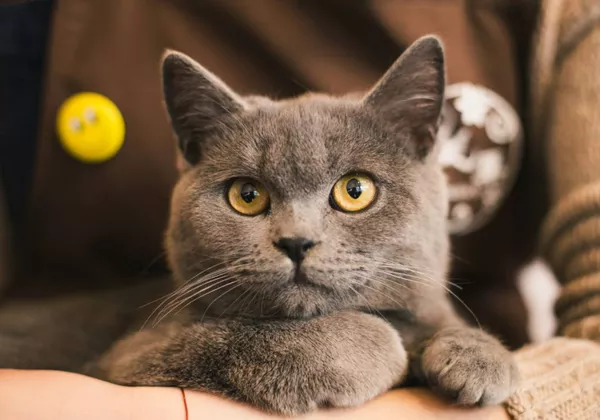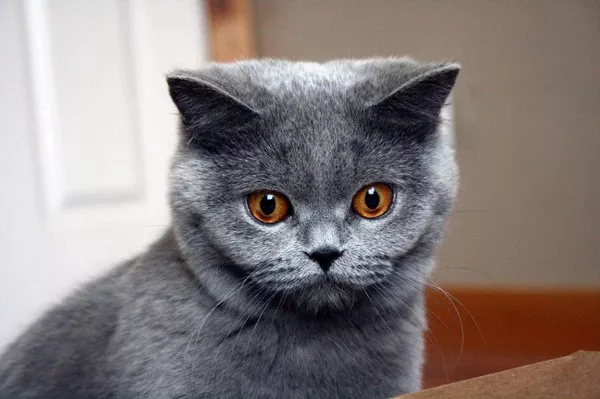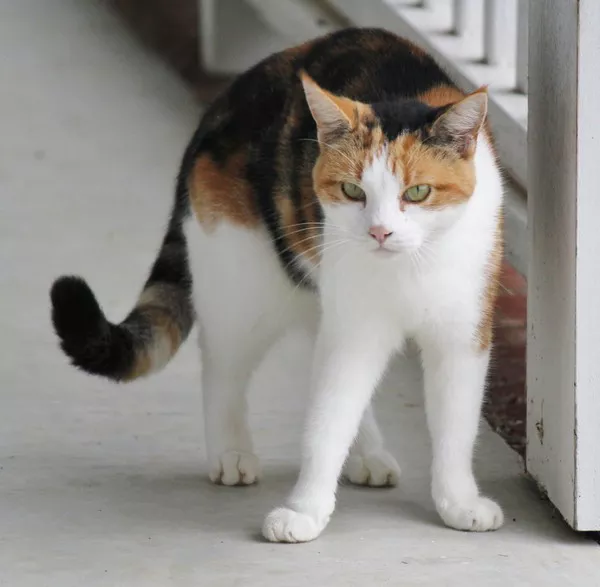British Shorthair kittens are adorable bundles of fur with distinctively round faces and stocky bodies. As a responsible pet owner, one of your primary responsibilities is ensuring your kitten receives proper nutrition to support their growth and development. Determining how much to feed your British Shorthair kitten can be a daunting task, especially for first-time cat owners. In this comprehensive guide, we’ll explore the factors that influence your kitten’s dietary needs and provide practical tips for creating a feeding schedule tailored to their unique requirements.
Understanding Your British Shorthair Kitten’s Nutritional Needs
Before diving into the specifics of how much to feed your British Shorthair kitten, it’s essential to understand their nutritional requirements. Like all kittens, British Shorthairs have specific dietary needs that vary depending on factors such as age, weight, activity level, and overall health.
1. Age: British Shorthair kittens have different nutritional needs at various stages of their growth and development. During the first few weeks of life, they rely on their mother’s milk for essential nutrients. As they transition to solid food, their dietary requirements change, with a greater emphasis on protein, fat, vitamins, and minerals to support healthy growth.
2. Weight: The weight of your British Shorthair kitten is another crucial factor to consider when determining their feeding requirements. Kittens who are underweight may require more food to support healthy growth, while overweight kittens may need to be fed less to prevent excessive weight gain.
3. Activity Level: British Shorthair kittens are known for their playful and energetic nature, which can impact their calorie needs. Kittens who are more active may require additional calories to fuel their daily activities, while less active kittens may need fewer calories to maintain a healthy weight.
4. Overall Health: Your kitten’s overall health and any underlying medical conditions can also influence their dietary needs. Kittens with certain health issues may require specialized diets or dietary modifications to support their well-being.
Developing a Feeding Schedule for Your British Shorthair Kitten
Now that we’ve discussed the factors that influence your British Shorthair kitten’s nutritional needs, let’s explore how to create a feeding schedule that meets those requirements.
1. Consult Your Veterinarian: Before establishing a feeding schedule for your British Shorthair kitten, it’s essential to consult with your veterinarian. Your vet can provide valuable insights into your kitten’s specific dietary needs based on factors such as age, weight, and overall health. They can also offer guidance on choosing the right type of food and portion sizes.
2. Choose High-Quality Kitten Food: Selecting the right type of food is crucial for meeting your British Shorthair kitten’s nutritional needs. Look for high-quality kitten food that is specifically formulated to support growth and development. Choose options that contain a balance of protein, fat, carbohydrates, vitamins, and minerals to promote optimal health.
3. Establish a Feeding Schedule: Once you’ve chosen the appropriate kitten food, establish a feeding schedule that aligns with your kitten’s age and nutritional requirements. Most experts recommend feeding kittens three to four small meals per day to ensure they receive a consistent source of energy throughout the day. Divide your kitten’s daily food allowance into equal portions and feed them at regular intervals.
4. Monitor Your Kitten’s Weight and Body Condition: As you implement your feeding schedule, closely monitor your British Shorthair kitten’s weight and body condition. Use a kitchen scale to weigh your kitten regularly and keep track of any changes in their weight over time. Additionally, assess your kitten’s body condition by observing their overall appearance and feeling for the presence of ribs and body fat.
5. Adjust Portion Sizes as Needed: Depending on your kitten’s growth and development, you may need to adjust their portion sizes accordingly. If your kitten is growing rapidly and maintaining a healthy weight, you may gradually increase their food portions to meet their increased energy needs. Conversely, if your kitten is gaining weight too quickly or becoming overweight, you may need to reduce their portion sizes to prevent excessive weight gain.
6. Provide Fresh Water: In addition to a balanced diet, it’s essential to provide your British Shorthair kitten with access to fresh, clean water at all times. Proper hydration is crucial for maintaining overall health and well-being, so be sure to refill your kitten’s water bowl regularly and monitor their water intake throughout the day.
7. Avoid Overfeeding: While it’s natural to want to spoil your British Shorthair kitten with treats and extra food, it’s important to avoid overfeeding. Overfeeding can lead to obesity and related health issues, so stick to the recommended portion sizes and avoid feeding your kitten table scraps or excessive treats.
Conclusion
Feeding your British Shorthair kitten the right amount of food is essential for supporting their growth and development. By understanding your kitten’s nutritional needs and establishing a feeding schedule that aligns with those requirements, you can ensure they receive the proper nourishment they need to thrive. Remember to consult with your veterinarian for personalized guidance and monitor your kitten’s weight and body condition regularly to ensure they maintain a healthy weight throughout their growth stages. With proper care and attention to their dietary needs, your British Shorthair kitten will grow into a healthy and happy adult cat.


























